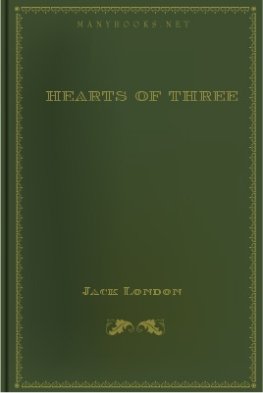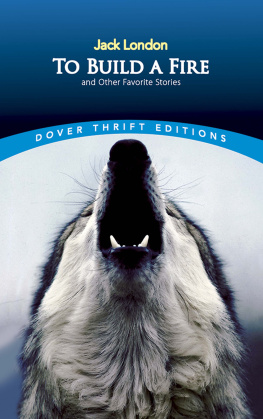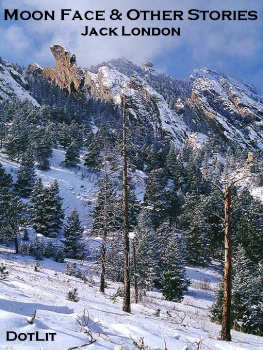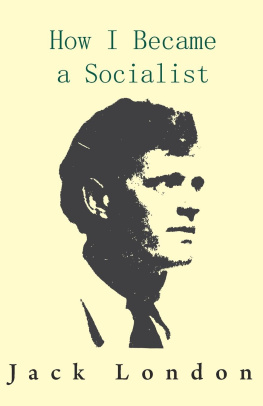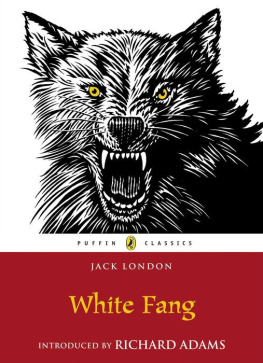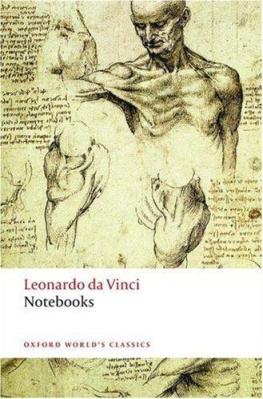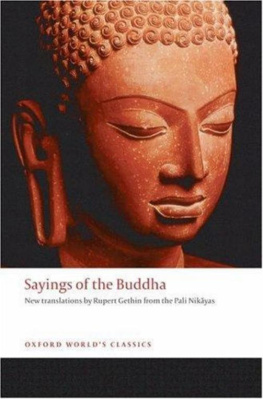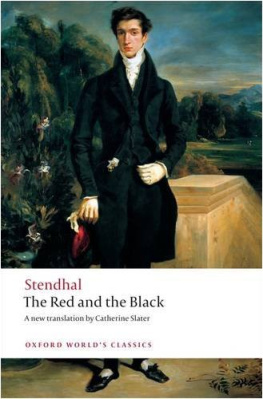
Great Clarendon Street, Oxford 0x2 6DP
Oxford University Press is a department of the University of Oxford.
It furthers the Universitys objective of excellence in research, scholarship, and education by publishing worldwide in
Oxford New York
Athens Auckland Bangkok Bogot Buenos Aires Calcutta
Cape Town Chennai Dar es Salaam Delhi Florence Hong Kong Istanbul
Karachi Kuala Lumpur Madrid Melbourne Mexico City Mumbai
Nairobi Paris Sao Paulo Singapore Taipei Tokyo Toronto Warsaw
with associated companies in Berlin Ibadan
Oxford is a registered trade mark of Oxford University Press
in the UK and in certain other countries
Published in the United States
by Oxford University Press Inc., New York
Introduction, Note on the Text, Select Bibliography, Chronology, Explanatory Notes
Earle Labor and Robert C. Leitz, III 1990
The moral rights of the author have been asserted
Database right Oxford University Press (maker)
First published as a Worlds Classics paperback 1990
Reissued as an Oxford Worlds Classics paperback 1998
Reissued 2009
All rights reserved. No part of this publication may be reproduced, stored in a retrieval system, or transmitted, in any form or by any means, without the prior permission in writing of Oxford University Press, or as expressly permitted by law, or under terms agreed with the appropriate reprographics rights organizations. Enquiries concerning reproduction outside the scope of the above should be sent to the Rights Department, Oxford University Press, at the address above
You must not circulate this book in any other binding or cover and you must impose this same condition on any acquirer
British Library Cataloguing in Publication Data
Data available
Library of Congress Cataloging in Publication Data
London, Jack, 18761916.
[Selections. 1990]
The call of the wild, White Fang, and other stories / Jack
London : edited with an introduction by Earle Labor and Robert C.
Leitz, III.
p. cm.(Oxford worlds classics)
Includes bibliographical references.
1. DogsFiction. I. Labor, Earle, 1928. II. Leitz, Robert
C., 1944. III. Title. IV. Series.
PS3523.046A6 1990 813.52dc20 90-6879
ISBN 9780199538898
Printed in Great Britain by
Clays Ltd, St Ives pic
OXFORD WORLDS CLASSICS
For over 100 years Oxford Worlds Classics have brought readers closer to the worlds great literature. Now with over 700 titlesfrom the 4,000-year-old myths of Mesopotamia to the twentieth centurys greatest novelsthe series makes available lesser-known as well as celebrated writing.
The pocket-sized hardbacks of the early years contained introductions by Virginia Woolf, T. S. Eliot, Graham Greene, and other literary figures which enriched the experience of reading.
Today the series is recognized for its fine scholarship and reliability in texts that span world literature, drama and poetry, religion, philosophy and politics. Each edition includes perceptive commentary and essential background information to meet the changing needs of readers.
Refer to the to navigate through the material in this Oxford Worlds Classics ebook. Use the asterisks (*) throughout the text to access the hyperlinked Explanatory Notes.
OXFORD WORLDS CLASSICS

JACK LONDON
The Call of the Wild,
White Fang,
and Other Stories

Edited with an Introduction and Notes by
EARLE LABOR
and
ROBERT C. LEITZ, III

OXFORD WORLDS CLASSICS
THE CALL OF THE WILD, WHITE FANG,
AND OTHER STORIES
JACK LONDON is one of the most fascinating figures in American literary history: born illegitimate in 1876, reared in poverty, factory work beast at the age of 14, oyster pirate at 15, able-bodied seaman at 17, hobo and prison inmate at 18, Boy Socialist of Oakland at 20, Klondike argonaut at 21, professional writer at 22, Hearst journalist and Socialist candidate for Oakland mayor at 25, world-famous author of The Call of the Wild at 27, war correspondent at 28, President of the Intercollegiate Socialist Society at 29, Snark voyager through the South Seas at 31, model rancher at 35, self-made millionaire at 40. Londons personal career was more fabulous than any of his celebrated fictions.
Yet, notwithstanding the spectacle of his personal life, it is the enduring quality of his literary works that has ensured Londons permanent place among the worlds great authors. The Call of the Wild is Americas most solid claim to the title of Great World Novel, more widespread in its appeal than even such classics as Moby-Dick and Huckleberry Finn, both of which are surely great American novels. But Londons story about the magnificent Bucks transformation from ranch pet to Ghost Dog of the Northland has struck some deep mythic chord in readers of all ages in all countries from the time of its first publication three generations ago. His other dog fictions have likewise appealed to something subliminal and perhaps primordial in all of us. And though London produced more than fifty books on subjects ranging from agronomy and astral projection to war and writing, none of these has caught our imagination with quite the same force as his canine creations.
Jack London died from a stroke and heart failure on 22 November 1916.
EARLE LABOR is George A. Wilson Professor of American Literature at Centenary College of Louisiana. He has produced a half-dozen books and more than fifty essays and reviews on Jack London.
ROBERT C. LEITZ, III, is Professor of English at Louisiana State University in Shreveport. In addition to The Letters of Jack London (with Earle Labor and I. Milo Shepard), he has edited Volume 3 of the Selected Letters of William Dean Howells and has published widely in a number of journals.
For Dewey and Giffy
CONTENTS
INTRODUCTION
IN a letter of February 1903 to George P. Brett, President of the Macmillan Company, Jack London described a new novel he had just finished as an animal story, utterly different in subject & treatment from the rest of the animal stories which have been so successful; and yet it seems popular enough for the Saturday Evening Post, for they snapped it up right away. After reading Londons manuscript, Brett responded that he liked the story but not its title: It is a title which, it seems to me, the public would not understand until after they had read the book, he wrote. I hope something else will occur to you, as I like the story very well indeed, although I am afraid it is too true to nature and too good work to be really popular with the sentimentalist public.
Ordinarily an astute judge of what the sentimentalist public liked, in this instance Brett could scarcely have been farther off the mark. As London later recalled, When you came to the book-publication of this story, you wrote me the very same proposition [that had been sent me by the editor of the Post]: The yarn was bully, but the title was rotten. I told you the same thing I had told the editor of the
Next page

